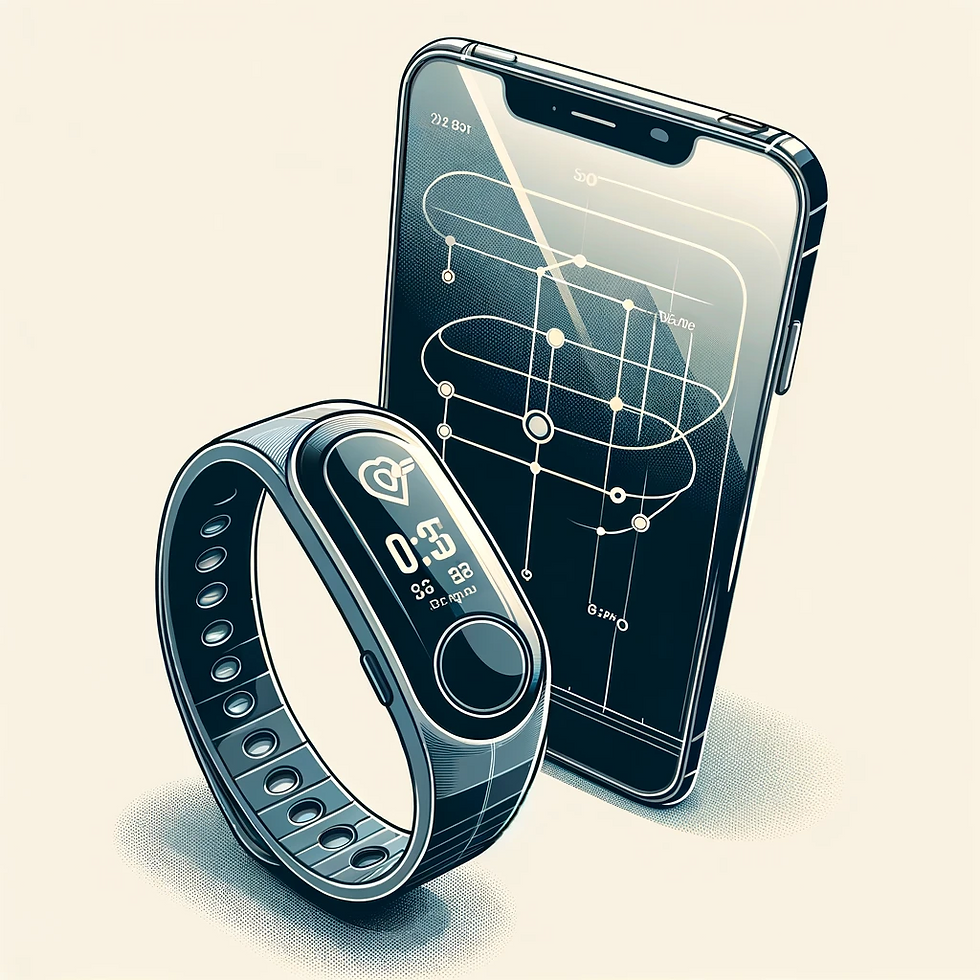
Activity Tracking
Using accelerometer data from wrist worn device for disease prediction
Understanding Your Activity: Insights from Snowhill Science
Did you know that great health insights can be gained from your daily activity data. There is more to the data that we collect and take for granted than meet the eyes. Here is some more detailed information about what we did, and how we derive insights into your health based on activity tracking.
Who We Studied: The UK Biobank Project
At Snowhill Science, we've tapped into a rich source of health data - the UK Biobank. This impressive collection involves over 500,000 volunteers aged 40 to 69 from various parts of the UK. Our focus? To explore how daily activities affect long-term health.
Our Approach: Tracking Everyday Movement
Participants in our study wore a special wrist device for seven days. This device, much more than a step-counter, helps us understand not just how much you move, but how you move. It distinguishes between sleep, sitting, light activity, and more intense physical activities.

What We Learned: Activity Levels and Health Risks
We found that activity levels, particularly the so-called ‘moderate to vigorous activity’ is very important, and the more you do, the more benefits you get.
From our data, we split subjects into 3 buckets based on their weekly physical activity as follows:
Less than 168 minutes: Low Activity
Between 168 and 356 minutes: Moderate Activity
More than 356 minutes: High Activity

We then looked at how these activity levels might relate to the risk of developing chronic diseases like heart disease, diabetes, and neurological conditions like dementia over the next 5 years. We computed this using a statistical technique called the Cox Regression model calculating your risk based on something called a Hazard Ratio.
Key Discoveries:
Activity and Chronic Diseases: Those with moderate levels of activity showed different risks for various chronic diseases over a 5-year period.
Gender Differences: Women generally showed a lower risk of developing these conditions compared to men.
Age Matters: Risks varied with age. Older participants showed higher risks for conditions like high blood pressure and heart disease.
Personalised to You
If you wish to get an understandable report, based on your 7-day activity tracking, you may proceed to purchase our service. We will send you a wearable wrist device, collect 7 days' worth of your data, and we will then send you a personalised report.

Our Promise: Empowering Health Through Science
At Snowhill Science, we believe in empowering you with knowledge. By understanding your activity levels, we can provide insights into your health risks. This isn't just data – it's a roadmap to a healthier life.
Get Involved: Join the Movement
Ready to learn more about your health through your daily activities? Join us at Snowhill Science. Together, let's take steps towards a healthier future.